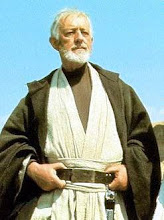Here is the text that we will consider for today's post:
"20 aGo ye forth of Babylon, flee ye from the bChaldeans, with a voice of singing declare ye, tell this, utter to the end of the earth; say ye: The Lord hath redeemed his cservant Jacob."
The verse begins with an instruction from the Lord to go out of Babylon. Again we see that Babylon is a metaphor for the world. He does not want the house of Israel to be a part of it. A great cross-reference to this is found in Doctrine and Covenants 133:5, which simply says,
"5 Go ye out from aBabylon. Be ye bclean that bear the vessels of the Lord."
He next commands them to specifically flee from the Chaldeans. We remember that Chaldea was on the south side of Babylon, in a prime spot for their influence. The reference there suggests that we look at the Topical Guide entry on Israel, Bondage of, in Other Lands.
We can see that Isaiah is directly quoting the Lord because he repeats the Lord's directions to him, too. This is what He tells Isaiah to say to all the earth, that the Lord hath redeemed His servant Jacob. Jacob's name was changed to Israel and we are descendants of him, whether by blood or adoption. What the Lord told Isaiah at that moment is the essential message of the gospel, the good news, that we are redeemed of Him if we repent and follow the commandments. We, too, must tell it to all the world because they do not know or do not fully understand that statement. The Book of Mormon and the New Testament help in that.
Subscribe to:
Post Comments (Atom)

No comments:
Post a Comment